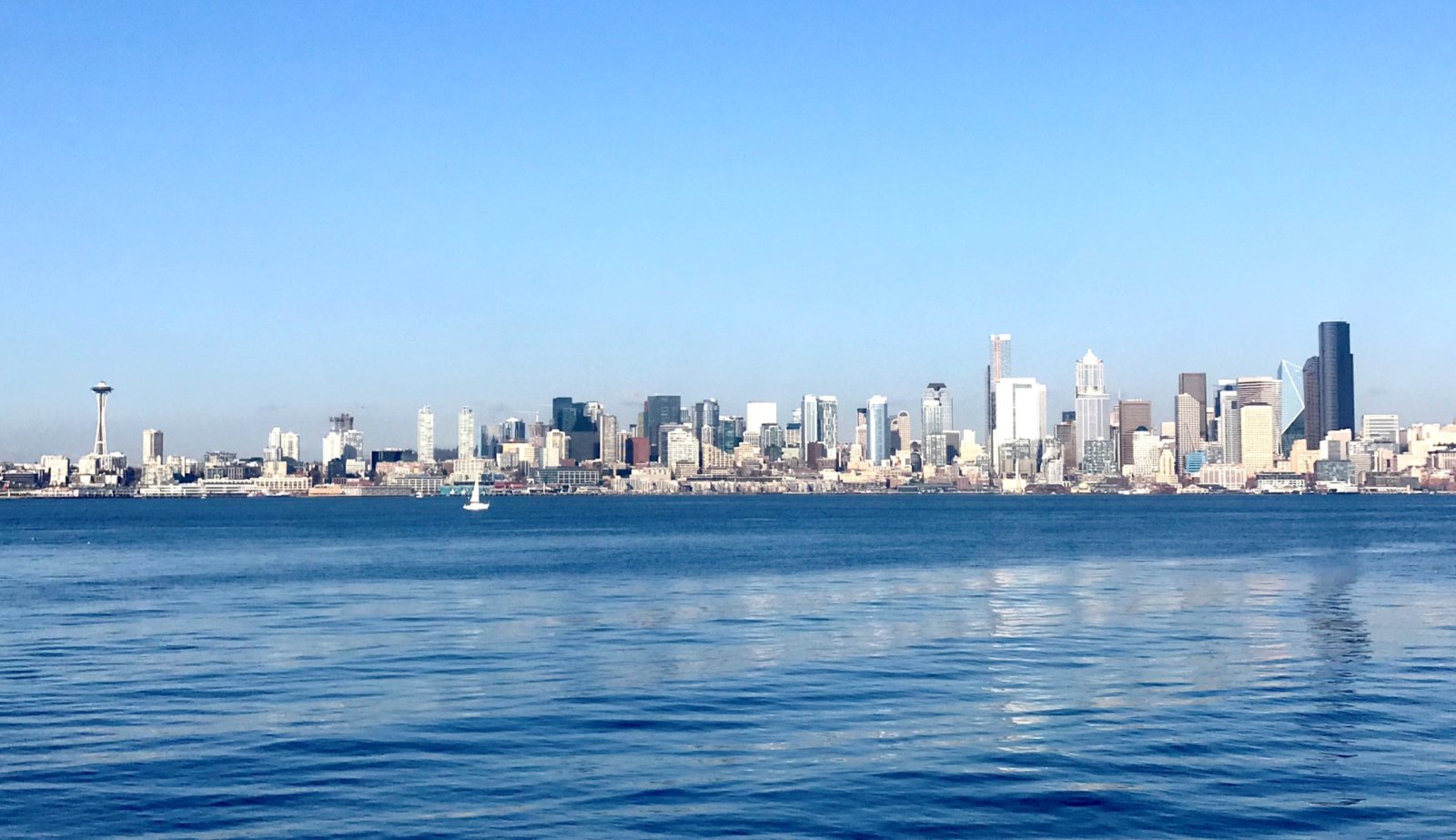Land Acknowledgment
It is our honor and privilege to acknowledge that we live and work on the ancestral land of the Duwamish People and other First Nations people. We respect and are grateful for their culture, stewardship, and ongoing contributions to our communities. Together, we can work to eliminate inequities and barriers to access across the fields of health care and human services.
How we take action
We believe that every human has inherent rights, which include the right to culturally competent, equitable, and responsive systems of care. We also recognize the positional power that we hold as a leader in the field of cultural competency, equity, and inclusion. However, it is not enough to just recognize that power, we must also take action and lead by example. Our example will be evident through our unwavering commitment to helping organizations and communities find common ground around the core values of diversity, equity and inclusion, and facilitate productive and intentional ways of moving forward with greater understanding, humility, respect, and compassion for all the people whom we serve.
History of our Logo – The Hopi Hand
The Native American community had a significant role in the creation of the Cross Cultural Health Care Program (CCHCP). The Seattle Indian Health Board was one of the community participants involved in the founding of CCHCP as a community resource in the early 1990s. In late 1999, three interpreters (two from the Northern Navajo Medical Center and one from the Kayenta Service Unit) assisted CCHCP staff in adapting our flagship Bridging the Gap medical interpreter course to reflect and integrate the linguistic and cultural realities of the Navajo people. In honoring the contribution and legacy of their work, The Cross Cultural Health Care Program adapted a symbol of the Hopi Hand or the “Healer Hand” to reflect our commitment to support organizations and communities in developing culturally responsive health care and human services.
